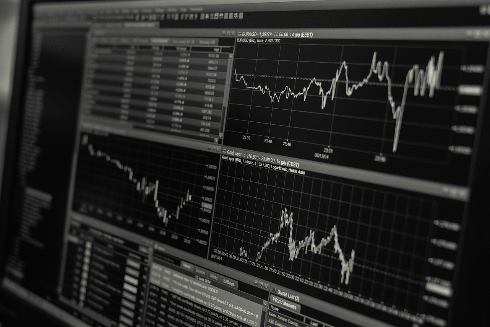A CFD or Contract For Difference is a contract between a trader and their brokerage that allows them to trade a financial instrument without actually owning it.

Once a CFD investor opens a trade, they may have to pay a spread or commission. After the position moves into the positive, they may close it for a profit. Basically, traders can make money through CFD trading by speculating the price correctly.
Characteristics of CFD Trading
CFD trading has certain features that traders must understand to reap full benefits.
Spreads and Commissions
Spread is the difference between the bid and ask price. CFD brokers cover the execution costs and make their profits by charging the fee through spreads. Some brokerages also provide ECN accounts with zero spreads. They have a fixed commission per transaction.
Long and Short
CFD trading allows traders to open both buy and sell positions. Unlike the traditional concept of buying low and selling high, CFD trading allows traders to open short trades.
Leveraging Positions
Through CFD trading, traders have access to a high amount of margin or leverage. It means that they are able to open up larger lot sizes. This can be especially important for those who use grid and martingale strategies that require more margin.
Market Access
Traders can trade almost all the instruments offered by the financial markets globally. Some brokers will have all the assets in their book, which may benefit those who use multiple instruments to trade.
Order Types
There are multiple orders available with CFD trading, e.g., limit, stops, GTC, etc. They have a lower minimum amount required for opening up an account. Traders are able to start trading from as low as $100. There are also different portfolio types such as zero spread, cent, standard, and ECN.
Disadvantages of CFD Trading
There are some drawbacks to trading CFDs. Some of them are as follows:
- The spreads on some of the CFD brokers can be high, eliminating most of your profits. This can be detrimental for those who use scalping strategies as it requires traders to get in and out of the market quickly
- A high amount of leverage can bring considerable risks to one’s account
- Some of the CFD brokers may not be regulated. It is essential to do a background check before providing any personal credentials and making a deposit
Example of a CFD Trade
Let us consider an example where a trader buys one standard lot of EURUSD at 1.11500. The spread for the pair is 10 points or one pip. As soon as he opens a position, he will be at a $10 loss due to the difference between the bid and ask. When the price reaches 1.11510, the trade will break even. Any further movement on the buy-side will appreciate his profits.
FAQs
Is it safe to trade CFDs?
Trading of any form can be risky if the trader fails to employ proper risk management. A high amount of leverage in CFD trading and low liquidity can make it more dangerous in some instances. The amount of regulation may also be less. Other than these factors, it is safe to trade CFDs.
Is CFD trading profitable?
It is possible to make money trading CFDs given that the trader uses good strategy, maintains his psychology and risk management. It may require some effort to be amongst consistently profitable traders.
Is hedging allowed with CFD trading?
Traders are able to hedge out their positions whenever needed. Hedging is a strategy where a trader opens a position against the direction of initially losing one. They then close it for a small profit to limit the losses.


